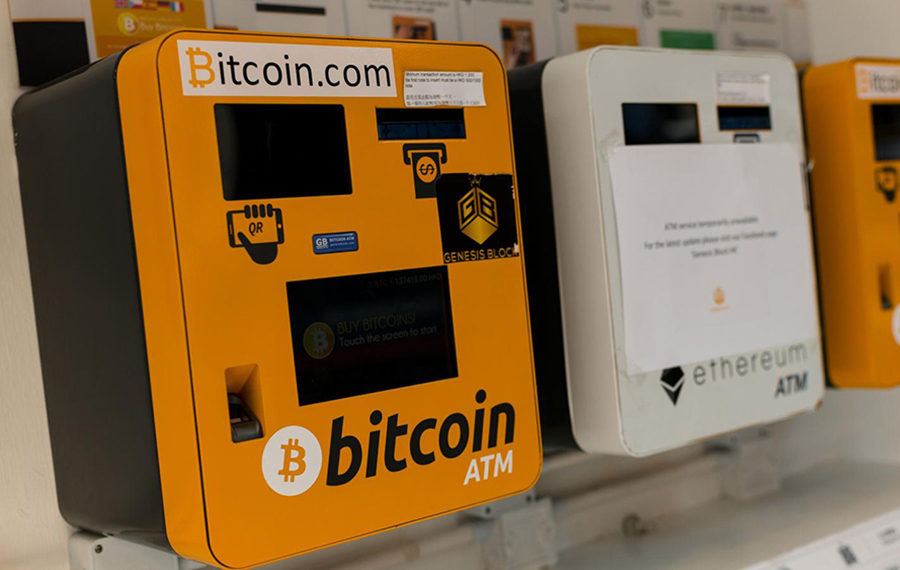Since the introduction of Bitcoin Automated Teller Machines in 2013, more than 8,000 Bitcoin ATMs are now installed around the world, including in Africa’s largest economy, Nigeria.
According to reports obtained from CoinATMRadar, seen by Nairametrics, there are presently about 8,208 ATMs in 73 countries that include Nigeria, allowing individuals to buy and sell Bitcoin (BTC) and other crypto assets for cash. More than two-thirds of them are in the United States.
Bitcoin Automated Teller Machines (Bitcoin ATMs) have increased in popularity around the globe because of the easier options they provide to consumers in buying or selling of bitcoin
Recall that months ago, Nairametrics broke the news, when Blockstale’s ATM terminal installed the First Bitcoin ATM at Lagos, Nigeria, the second Bitcoin ATM installed in West Africa.
READ MORE: Bitcoin: Nigeria’s new goldmine
Nigeria has Africa’s largest population and economy, so its first Bitcoin ATM may be a signal for broader adoption across the continent, as Bitcoin use among Nigerians gains steady momentum.
Nigeria’s digital economy is on the rise. With the increased poverty level, more individuals are making an entrance into the global digital economy by providing digital services as freelancers.
Consequently, Nigerians have trouble receiving payments from their foreign clients. They are not allowed to use even the most famous American based Paypal, and other options like Money Gram and TransferWise are not only expensive and slow but also have inflexible verification system.
Bitcoin, however, offers them a flexible, almost instant, and cheaper means of receiving cross border payment after rendering their services to clients and companies.
The many economic problems in Nigeria, including inflation and the devaluation of the naira, have made the country’s fiat currency a poor store of value, pushing some to store their value in a deflationary currency like Bitcoin which can protect its owners from excess money printing from central authorities and other uncertainty
